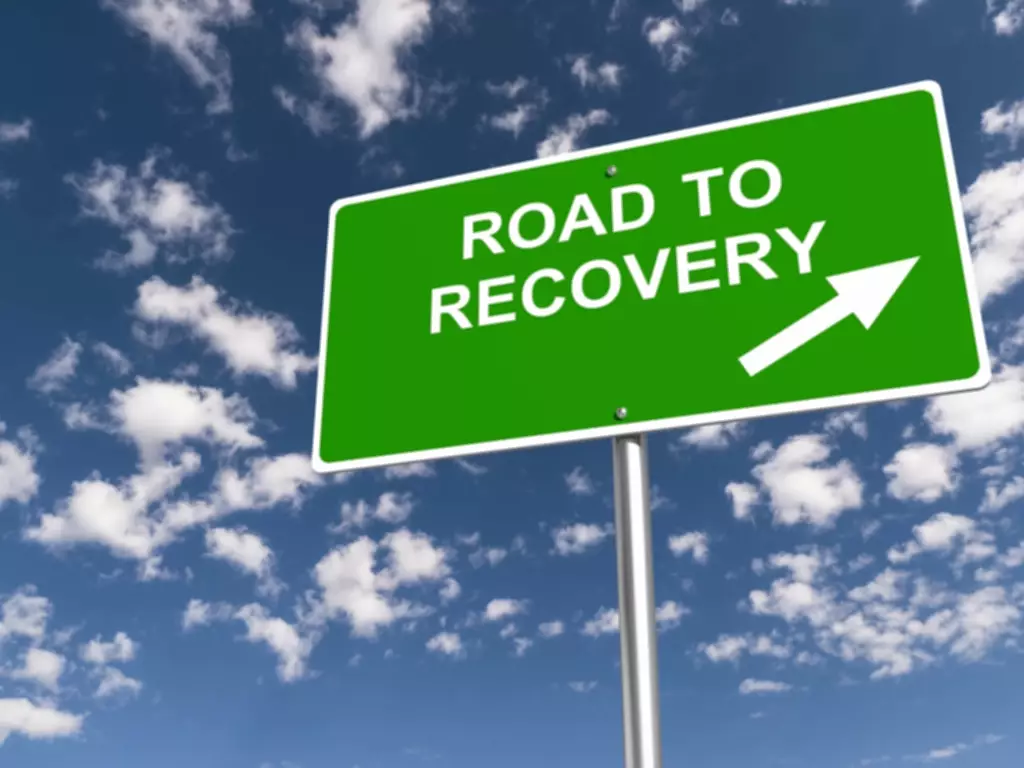
Substance Use Disorders in Older Adults: Overview

But other health and physical assessments may be needed beyond what is listed in that section. The most important parts of your full assessment are gathering information about the client's substance use, mental health, physical health, and SUD treatment histories, as well substance abuse in older adults as a listing of prescribed and OTC medications. Clients will feel safe sharing detailed information as their trust in you builds. Referrals to SUD treatment programs or mental health services for clients who need more indepth assessment or intervention. Even if a screener is negative, the TIP consensus panel recommends that you occasionally rescreen clients. Substance use patterns can also change with life events, cognitive functioning, and mental health status.
- Make sure your primary doctor has a list of all the medications you take, even over-the-counter ones.
- Older adults and their loved ones might start by looking for Medicare-accepting services.
- Developing and implementing evidence-based approaches to social determinants of health will be key to improving the health of older adults and decreasing the risk of SUDs.
- Substance use can result in psychological and physical dependence on drugs or alcohol.
What are the risk factors associated with substance use disorders?

According to the National Institute on Drug Abuse (NIDA), one study suggests that people addicted to cocaine in their youth may have an accelerated age-related decline in temporal lobe gray matter and a smaller temporal lobe compared to control groups who did not use cocaine. Being as the temporal lobe is the hub for pleasure, emotion, and behavior, these older adults with SUDs may have more difficulty with anxiety, emotional regulation, and collecting data. The challenge of working with older adults who struggle with data collection, anxiety, and regulating their emotions is ensuring comprehensive care that focuses on thorough explanation, reassurance, and emotional support. As people age, they often experience increased chances of disability and chronic health conditions. Addiction creates physical and mental health consequences for people of all age groups.

Alcohol and Drug Use Screening
Developing and https://ecosoberhouse.com/ implementing evidence-based approaches to social determinants of health will be key to improving the health of older adults and decreasing the risk of SUDs. It is possible to have a mild substance use disorder where you might still be able to control it on your own with family support or counseling. Other times it can be more severe and require professional help such as inpatient treatment or medication to recover. Early recognition and treatment are some of the best ways to help anyone struggling with substance abuse issues. The Geriatric Adult Mental Health Specialty Team (GAST) Program began in 2003 as a result of the closing of the Geriatric Units at the state psychiatric hospitals.
- Ultimately, the validation of screening tools in older adults and careful assessment of these patients are necessary to aid further discussion on substance use and diagnosis.
- From 2009 to 2013, 1,204 North Carolina residents ages 65 and older died as a result of violence.
- Mutual-help programs offer older adults a network of peers with whom they can relate.
- It is crucial for people working in community facilities, agencies, and organizations providing services to older adults understand the behavioral health needs of older adults.
- Health care providers who work with older adults have a unique opportunity to observe and treat the repercussions of alcohol misuse, abuse, and dependence.
Chapter 3—Identifying, Screening for, and Assessing Substance Misuse in Older Adults
Questions that can be answered with a simple “yes” or “no” can seem harsh or judgmental. Older clients might already feel ashamed and uncomfortable talking about their substance use. Closed-ended questions could make those feelings even worse and cause clients to “shut down.” On the other hand, open-ended questions can help clients become aware of and express their own experiences and motivations related to substance use. Refer high-risk clients to a program where specialized SUD treatment services are available, if possible. When doing an SUD screen, if trauma or elder abuse screeners are negative, continue with routine clinical care.

Impact of Physiological Changes on Alcohol Consumption
The emerging literature on the “Baby Boom” cohort, which is now reaching older adulthood, indicates that they are continuing to use alcohol at a higher rate than previous older generations. The development and refinement of techniques to address these problems and provide early intervention services will be crucial to Oxford House meeting the needs of this growing population. As people age, they are prescribed more medications by providers, and the aging body becomes more susceptible to the effects of those medications that are consumed.




